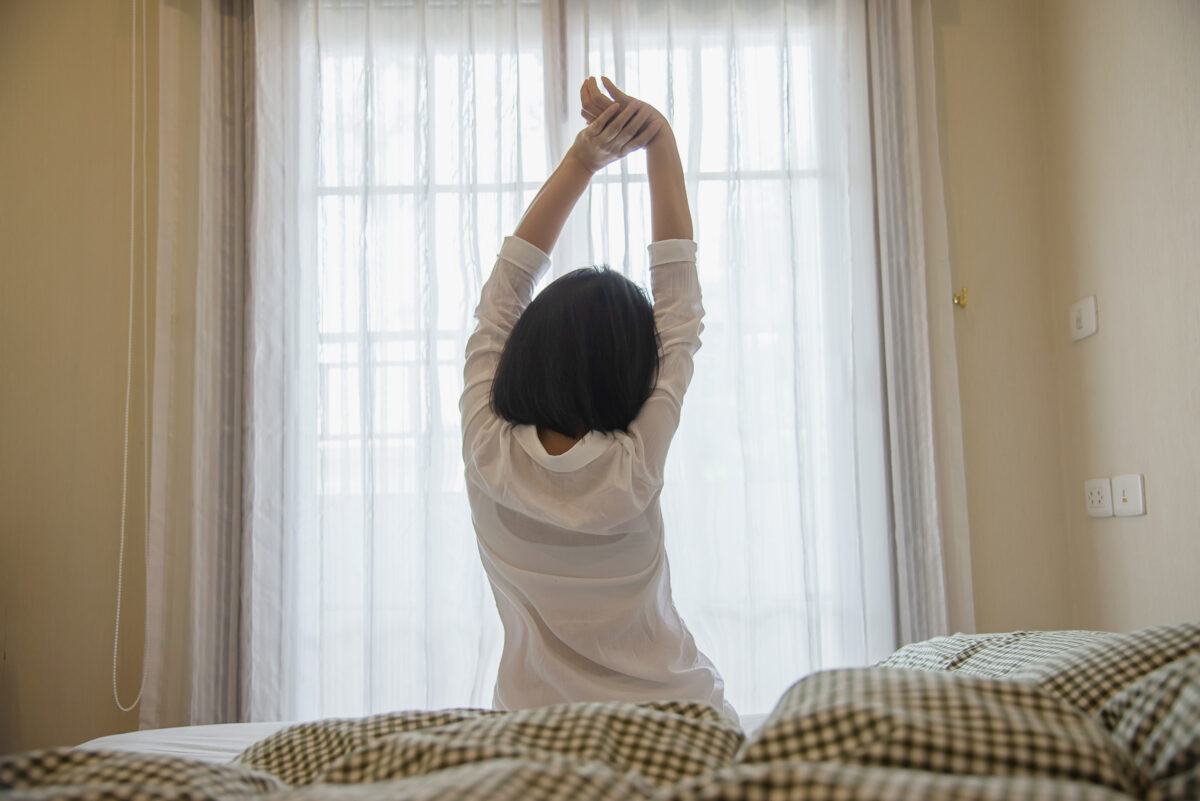Sleep: A Naturopathic Foundational Pillar of Health

How much sleep is sufficient for you? The answer is simple: however much it takes for you to feel refreshed and functional. Ideally, you will be able to improve sleep naturally.
If you are feeling depleted and experiencing chronic fatigue, I recommend aiming for 8.5 to 9 hours of sleep.
Is your sleep disturbed? Like many chronic symptoms, disrupted sleep can stem from multiple factors.
Here are some potential reasons for disrupted sleep:
- Blood Sugar Dysregulation: Alcohol or sugar can cause you to wake up in the middle of the night. I recommend avoiding sugar and alcohol, especially in the evening, and having some protein before bed.
- Caffeine Intake: Coffee and caffeine stay in your system for a long time, so that lunchtime cup of coffee may affect your sleep at night. Some people even have issues with a morning cup of coffee.
- Inverted Cortisol Curve: If your cortisol is higher at night and lower in the morning, melatonin or phosphatidylserine at night may help. An adrenal stress profile test can determine if this is the cause.
- Blue Light Exposure: Blue light from phones and computers can stimulate your pineal gland, signaling your brain to stay awake. I recommend dimming the light on your devices, using blue light blocking glasses, and turning off your wireless router at night to decrease EMF stimulation.
- Physical Causes: Low iron levels can contribute to insomnia and anxiety. Testing and supplementing accordingly can help. Hyperthyroidism may also cause insomnia, which requires testing to diagnose.
- Autoimmune Illness: Sometimes, autoimmune conditions can cause the nervous system to be overly active at night. Activities that calm the nervous system can be beneficial.
- Perimenopause and Menopause: For women, hot flashes and night sweats can be disruptive. These symptoms can be treated with hormone replacement therapy, bio-identical hormones, Chinese herbs, Western herbs, and acupuncture.
- Anxiety and PTSD: If anxiety related to PTSD is keeping you up, it’s important to focus on what you can and cannot control. Acupuncture and homeopathy can help treat PTSD-related sleeplessness.
Many of my patients have developed nighttime rituals to improve sleep naturally that help them sleep better. These rituals may include meditation, guided imagery, prayer, a bath, or gentle yoga.
From a Chinese medicine perspective, energy resides in different organ systems for two hours before moving to the next. Entry and exit points for the corresponding organs can be helpful. For example, 1 to 3 am is Liver time, and 3 to 5 am is Lung time. The lung organ corresponds to grief, and I often see patients waking between 3 to 5 am when grieving a loss. If you wake up at 3 am, addressing the liver and lung energy points can be very helpful.
Figuring out the cause of your insomnia is crucial and may require lab work.
Ultimately, sleep is an act of surrendering the day to rest before the new one begins. Journaling about unfinished business from the day may help you let go.
Carl Jung, in his famous Red Book, said, “We also live in our dreams; we do not live only by day. Sometimes we accomplish our greatest deeds in dreams.” Our dreams can guide us to understand our true Self and support us in making decisions.
If you need help and support in creating a healthful sleep routine, feel free to contact Dr. Rubiales at Scottsdale Holistic Medicine https://scottsdaleholisticmedicine.com/scottsdale-contact/.
